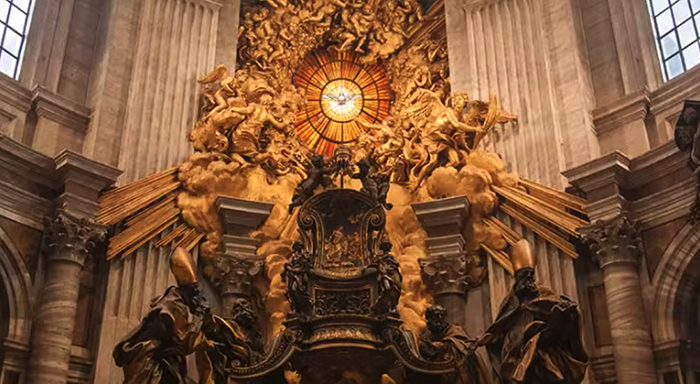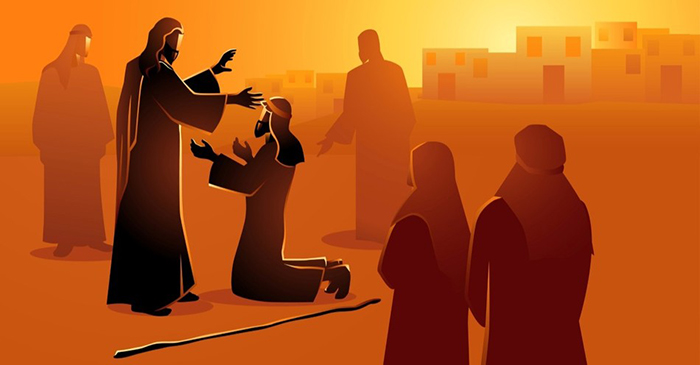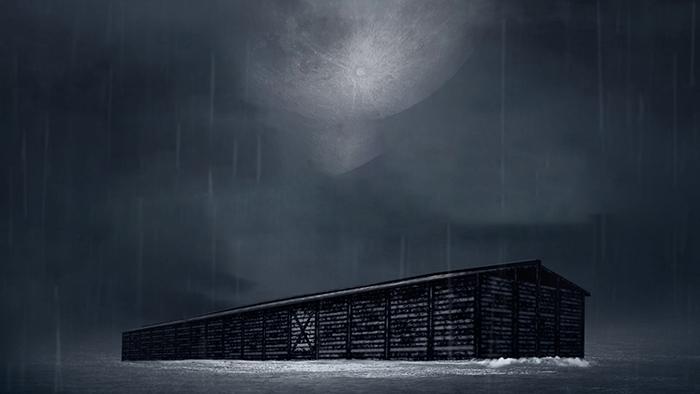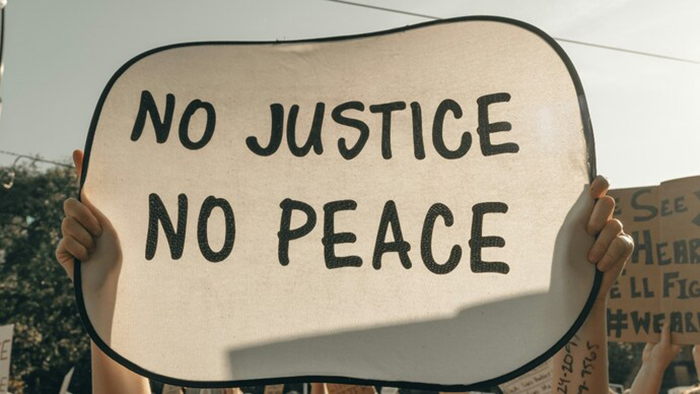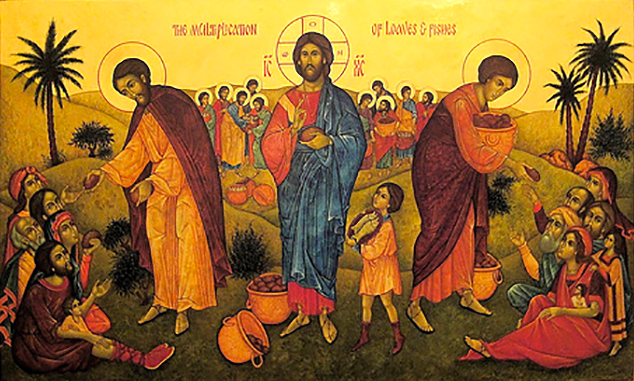
Some years ago, at a workshop, a woman came up to me during the break and articulated this in these words: “God loves me unconditionally. I know that’s true, but I how can I make myself believe it? I simply can’t!” She could have been speaking for half of the human race. We know we are loved by God, we can say the words, but how do we make ourselves believe that? Why? Why is that so difficult to believe? For many reasons, though mostly because we rarely, if ever, experience unconditional love. Mostly, we experience love with conditions, even from those closest to us: Our parents love us better when we do not mess up. Our teachers love us better when we behave and perform well. Our churches love us better when we do not sin. Friends love us better when we are successful and not needy. The world loves us better when we are attractive. Our spouses love us better when we do not disappoint them. Mostly, in this world, we have to measure up in some way to be loved. Beyond even this, all of us have been cursed and shamed in our enthusiasm by the countless times someone, either through words or through a hateful or judgmental glace, in effect said to us: Who do you think you are? We wither under that and become the walking wounded, unable to believe that we are loved and loveable. So, even when we know that God loves us, how can we make ourselves believe it? There are no easy answers. For a wounded soul, like for a wounded body, there are no magic wands for quick easy healings. The image that we must connect to is our true self-image, the deep truth that we are unconditionally loved by God. In great mythical literature, we see that, usually, before the great wedding where the young prince and the young princess are to be married so as to live happily ever after, there first has to be an execution: the wicked older brothers and the wicked stepsisters have to be killed off. Why? Because they would eventually come and spoil the wedding. Who are those wicked older brothers and wicked stepsisters? They are the inner voices from our past that can, at any given moment, ruin our wedding or our self-image by dragging in our past humiliations. To actually believe that we are unconditionally loved, we first have to kill a few of the false images we hold onto in life.[1]
[1] Excerpt from Fr. Ron Rolheiser’s reflection, “Our Struggle in Faith – Between Knowing It Is True and Believing it!,” March 2009.


